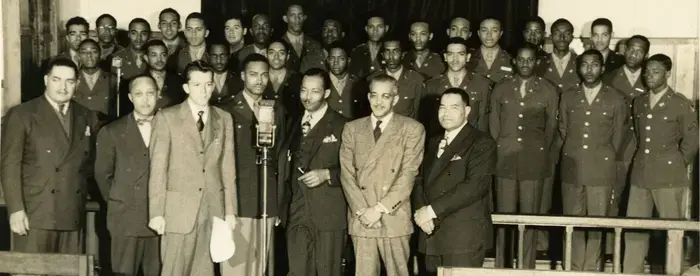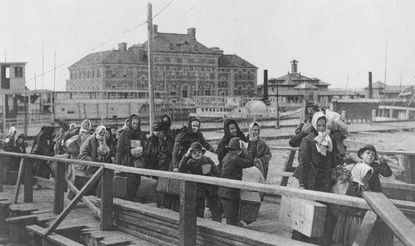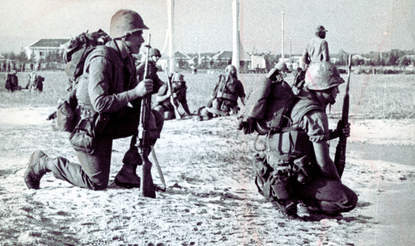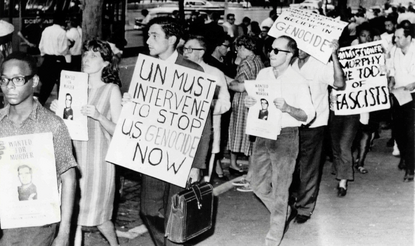This History U course aims to add more context and nuance to the traditional American views of the Second World War.
Course Instructor: Professor Michael Neiberg, US Army War College
Eligibility: High school students
Image Source: A photograph of the Tuskegee Glee Club, ca. 1941–1945 (The Gilder Lehrman Institute, GLC09587.233)



